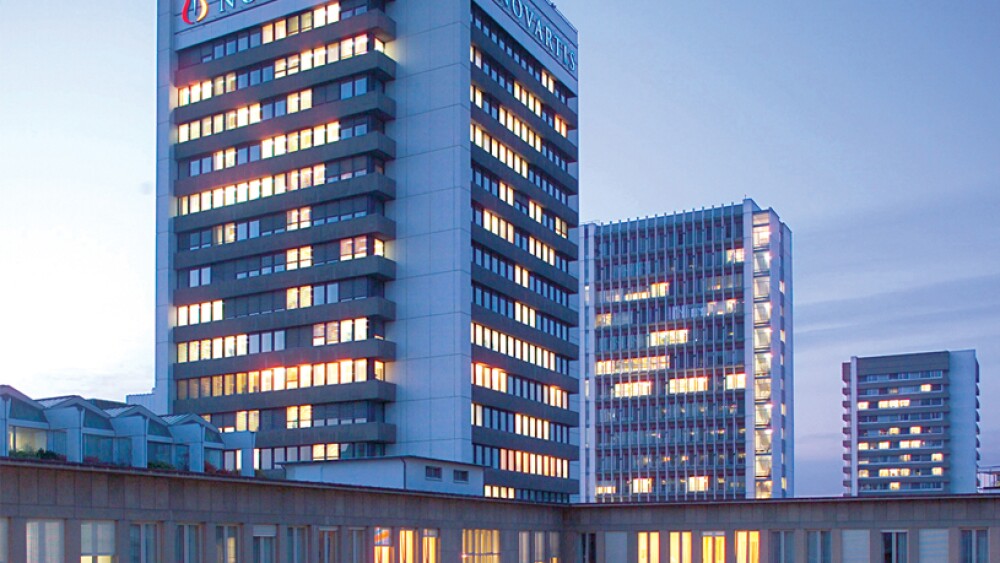April 3, 2017
By Alex Keown, BioSpace.com Breaking News Staff
SANTA MONICA, Calif. – Kite Pharma is one step closer to being able to commercialize its CAR-T cancer treatment and investors are responding by sending shares of company stock up more than 5 percent this morning.
On Friday, Kite announced it had completed its rolling submission with the U.S. Food and Drug Administration of the Biologics License Application for axicabtagene ciloleucel (previously known as KTE-C19) as a treatment for patients with relapsed or refractory aggressive non-Hodgkin lymphoma (NHL) who are ineligible for autologous stem cell transplant. That met company goals of Kite’s pledge to file the BLA by the end of the first quarter. It also keeps Kite hot on the heels of its competition, Novartis , which announced last week that the FDA had accepted the BLA and granted priority review for its CAR-T therapy, CTL019 (tisangenlecleucel-T). There is no word as of yet if the FDA will grant Kite a priority review as well.
Now, the question will be which company hits the streets first with its CAR-T therapy. The first company to do so will be able to set pricing for the treatments. While Novartis has the priority review, the company is seeing a bit of disruption in its CAR-T offices. Last week Karen Walker, who oversaw the CAR-T manufacturing, announced she was leaving the company and joining Seattle Genetics . Her departure follows the company’s decision to shutter its Cell and Gene Therapy Unit in August.
Axicabtagene ciloleucel is being studied in patients with chemorefractory aggressive B-cell non-Hodgkin lymphoma (NHL). Kite said the ZUMA-1 study showed 82 percent of the 101 patients who received a single infusion of the drug saw the tumors shrink by half. The company said the results of the study show how effective the CAR-T therapy is for a patient population with multiple types of aggressive NHL, including diffuse large B-cell lymphoma (DLBCL), as well as primary mediastinal B-cell lymphoma (PMBCL) and transformed follicular lymphoma (TFL). Last week during the American Association for Cancer Research meeting, Kite provided even better news regarding axicabtagene ciloleucel. John Carroll wrote in Endpoints that new data revealed the ORR was even better than what was shown in data released in February.
Chimeric Antigen Receptor T-Cell Therapies are engineered in a laboratory to recognize a specific antigen in a cell and then administered into a cancer patient. The CAR-T cells should, if all goes as planned, multiply within the body and target the antigen and eliminate the threat. Axicabtagene ciloleucel engineers a patient’s T-cells to target the antigen CD19, a protein expressed on the cell surface of B-cell lymphomas and leukemias, and redirect the T-cells to kill cancer cells. Axicabtagene ciloleucel has been granted Breakthrough Therapy Designation status for DLBCL, TFL, and PMBCL by the U.S. Food and Drug Administration and Priority Medicines (PRIME) regulatory support for DLBCL in the EU.
Novartis’ pediatric leukemia CAR-T therapy CLT019 sent 82 percent of patients’ blood cancer into remission, according to clinical data. BioSpace previously reported that Novartis is planning additional filings in the U.S. and Europe later this year, as well as a BLA with the FDA in adults with r/r diffuse large B-cell lymphoma (DLBCL) and marketing authorization with the European Medicines Agency in r/r B-cell ALL and r/r DLBCL.





